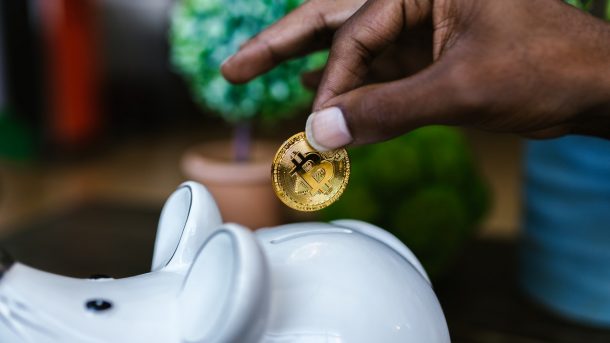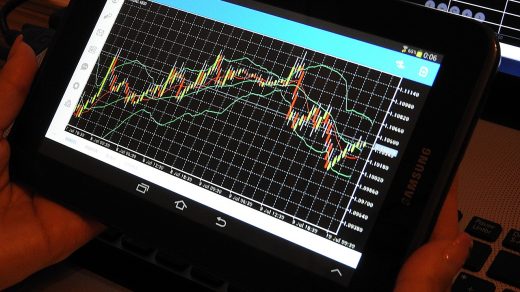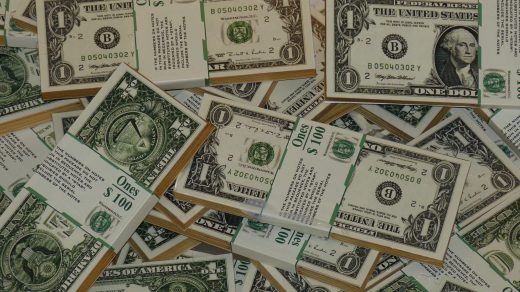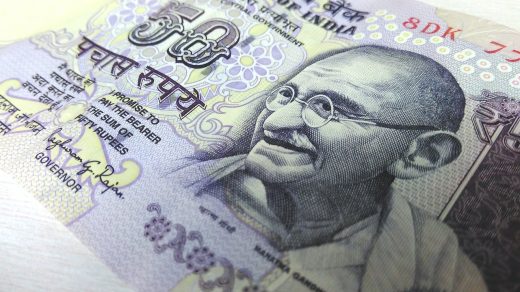As a beginner in forex trading or someone who has shown interest in forex trading, you will be a prime target for various forex scams and online schemes. Most forex scams take place online although a fair number of offline schemes happen too. How do you spot a forex scam and what can you do to better protect yourself from scammers and fraudsters after your money?
The rule of thumb when it comes to forex trading is to know what you are getting into first before you make a deposit. Do your research and be confident that you understand what forex trading entails and whom to trust with your money. Online review websites and discussion forums like r/Reddit should also be your friend if you want to avoid known forex scams.
5 Red Flags to Look for When Getting into Forex if you are new
Fake Forex Websites
Fake trading platforms or forex websites that purport to help traders access the markets are the newest forms of forex scams. In this scam, a person will create a website with all the bells and whistles of a trading platform. However, whenever a new user creates an account and makes a deposit, they lose their money because they can’t make withdrawals.
Fake forex websites come in various forms and designs. Some are easy to detect while others are so well-engineered that it will take a seasoned hacker to spot them. However, the following red flags can help you detect a fake forex website or trading platform:
The website does not support secure payment processers
Scammers will never allow secure payment processors like PayPal because they don’t want users to request refunds. Most of them prefer less secure payment methods like bitcoin, credit card, or bank transfers.
Scammer use copycat homepages
Be on the lookout for forex websites that copy the homepage of a well-known broker or trading platform just to trick new traders into depositing to the wrong account. Always check that the web address or URL at the top of your browser is authentic. Well-known forex brokers rank at the top of Google results pages so you are safer accessing them from a normal web search.
Fake forex websites have no contact information
Double-check that the forex website you are accessing has verifiable contact information and a physical address. You can go the extra step and give them a call or verify their contact information using third-party tools.
Fake forex platforms do not have helpful information and blogs
If the forex website you want to use does not have any forex trading guides, tutorials, and a blog, it should be a red sign that the website is a scam. Authentic forex websites publish up-to-date guides and articles on forex that can help beginners learn how to trade and make a profit.
The platform or broker does not support established trading platforms like Metatrader.
If you cannot link your broker to a well-known platform like MT4 then you should probably be looking elsewhere unless you know the broker well enough.
Fake Forex Support Websites
In this scheme, scammers create fake support websites that appear to belong to established brokerages or platforms like MT4. If a trader happens to land on these fake support pages, they will be tricked into giving access to their accounts to these scammers.
To avoid falling victim to support scams targeting forex traders, you should only access the support page through the broker’s official website or get their contact information directly from the website. More importantly, you will never be asked to send or give your login credentials by the official platform owner. They don’t need it because they already have internal support tools that help them access your account from their end whenever you need help.
Scammers That Promise To Trade For You
This type of scam happens both online and offline. While it is possible to find legitimate traders who will take your deposits and trade on your behalf, you should be careful when getting into such an arrangement. A lot of traders end up losing their deposits to unscrupulous traders who gamble with other people’s money or simply aren’t interested in forex trading.
You should especially be wary of traders who promise big gains as part of their customer acquisition strategy as this is usually a huge red flag. Forex trading is a risky venture and it’s unlikely that they will always make profits.
There are a lot of scammers out there after your money because they know anyone interested in forex trading has money to spend and is ready to make a deposit. Do your homework and make use of the information on forums to avoid such scams.



